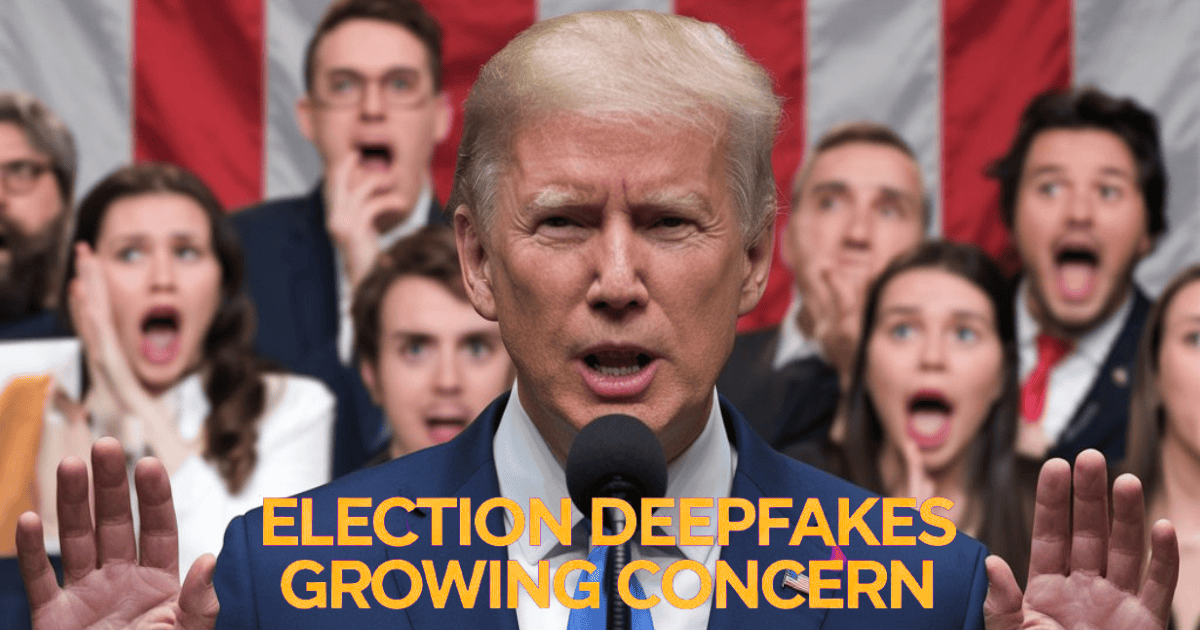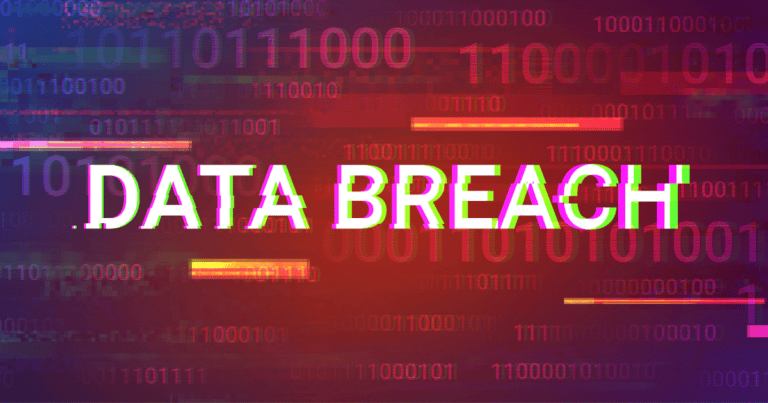Did you know that over 85% of Americans are concerned about deepfakes undermining democracy? As these manipulated videos and audio recordings become increasingly realistic, they pose a serious threat to the integrity of elections and voter perception. With technology evolving rapidly, it raises urgent questions about the potential impact on political outcomes. What measures are being taken to address these threats, and how can voters protect themselves from misinformation? The answers might surprise you.
Understanding Deepfakes in Elections
Deepfakes are revolutionizing the way misinformation can spread during elections, posing serious threats to democratic integrity.
As you navigate the political landscape, it’s vital to understand how deepfakes—sophisticated AI-generated content—can distort reality. These manipulated media forms can convincingly depict non-existent events or speeches, making it tough for you to verify authenticity.
With advancements in technology, even public figures’ voices and facial features can be mimicked with alarming accuracy. This not only misleads voters but also erodes trust in the electoral process, undermining electoral integrity.
Alarmingly, over 85% of Americans are worried about deepfakes influencing the upcoming elections, prompting legislative efforts to regulate their use in political advertising.
Awareness of these threats is essential for preserving democracy.
Impact on Voter Perception
Amid the growing prevalence of deepfakes, many voters are increasingly concerned about how these manipulations could distort their perceptions and influence their decisions.
With over half of Americans worried that deepfakes might undermine democracy, it’s clear that misinformation poses a significant threat to electoral integrity. A staggering 70% of voters express skepticism about AI’s role in shaping political discourse, indicating a broader distrust in AI-generated content.
Nearly 58% fear that manipulated media could discredit election results, further eroding public trust. Additionally, 21% believe that these deceptive tactics could directly sway votes, compromising informed decision-making.
As 35% of Americans question online content’s authenticity, it’s evident that deepfakes are reshaping voter perception in alarming ways.
Legislative Gaps and Challenges
With the rise of deepfake technology, legislative gaps and challenges have become increasingly apparent in the fight against misinformation in elections.
While at least four federal bills have been proposed in 2023 to tackle deepfakes and protect electoral integrity, the current regulatory landscape remains fragmented. Approximately 27 states have introduced bills, reflecting a bipartisan effort, but enforcement is hampered by limited detection technology.
Most legislative measures emphasize transparency and require disclaimers for AI-generated content, yet many platforms respond inconsistently. This inconsistency complicates efforts to regulate deceptive media effectively.
Without thorough regulations, the threat posed by deepfakes continues to undermine voter trust and complicate the fight against misinformation in our democratic processes.
The Role of Social Media
As social media platforms increasingly serve as the main channels for sharing information, they inadvertently become hotbeds for the rapid spread of deepfake content.
With around 30% of voters sharing election content without verifying its authenticity, misinformation can quickly gain traction.
AI deepfakes are particularly concerning, as they can manipulate public perception and influence voter behavior, often benefiting certain political parties.
Despite policies aimed at disclosing AI-generated content, enforcement remains inconsistent, allowing misleading media to circulate widely.
This has led to rising public skepticism, with 35% of Americans questioning all online content due to election-related deepfakes.
As a result, social media’s role in elections warrants urgent scrutiny and robust legislative action to guarantee electoral integrity.
Generational Differences in Awareness
Significant generational differences exist when it comes to awareness of deepfakes and their potential impact on elections.
Many Millennials and Baby Boomers express concern about misinformation, with 32% of Millennials swayed by misleading gas price claims and 40% of Baby Boomers feeling affected by false immigration narratives.
In contrast, only 15% of Gen Z show concern over misinformation related to a music album, indicating a lack of engagement with political content.
Alarmingly, 52% of Gen Z admit to sharing unverified political content, highlighting a generational gap in media verification practices, compared to just 14% of Baby Boomers.
These disparities underscore the urgent need for targeted education on deepfakes and misinformation to promote informed voting among younger voters.
Mitigating Misinformation Risks
Recognizing the generational differences in awareness of deepfakes highlights the pressing need to address misinformation risks head-on.
You can take proactive steps to mitigate these risks by focusing on several key strategies:
- Establish norms against false claims to counteract misinformation.
- Implement enhanced content provenance standards for tracking media origins.
- Develop and utilize advanced detection technologies for deepfakes.
- Advocate for legislative measures that enforce transparency in political advertising.
- Engage in public education initiatives to boost media literacy among citizens.
Future of Election Integrity
With the rise of deepfake technology, the future of election integrity faces unprecedented challenges. Deepfakes threaten to undermine the democratic process by spreading misinformation that misleads voters.
As AI-generated content becomes increasingly sophisticated, it complicates your ability to discern truth from falsehood. The anxiety felt by 85% of Americans highlights the urgency for effective measures to safeguard electoral processes.
Legislative efforts are underway, with at least 27 states introducing bills to regulate deepfakes, focusing on transparency and requiring disclaimers on AI-generated content.
However, without robust detection technologies and public education, maintaining trust in election outcomes will be difficult. It’s critical for you to stay informed and advocate for solutions that protect the integrity of our elections.
Final Thoughts
As election deepfakes grow more sophisticated, protecting our democracy becomes increasingly essential. With over 85% of Americans worried about their influence, it’s clear that we must act. By enhancing detection methods and encouraging responsible social media practices, we can combat misinformation together. Remember, the integrity of our elections depends on informed voters—so staying aware and proactive is key. Let’s guarantee that the truth prevails, safeguarding our democratic process for future generations.






